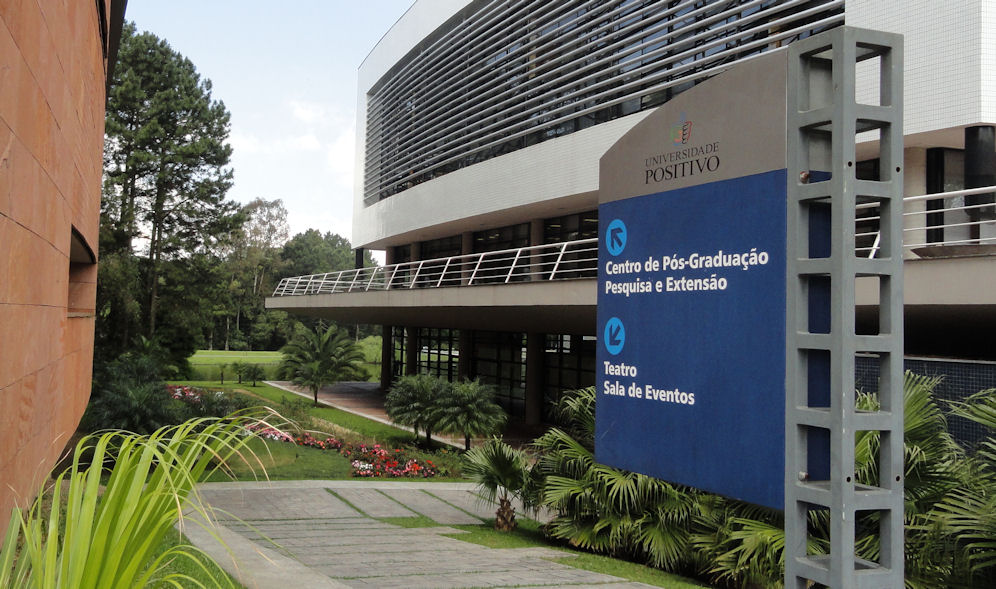
I get to see a lot of universities and schools in my job. Many are poor with facilities that need work. But this doesn’t need to be how it is. The goal of education is to disseminate and create knowledge. I say create for the obvious reason that you cannot and should not try merely to pass information, but understand that the exchange of information changes the people and the situations involved.
The Universidade Positivo in Curitiba is as unabashedly upbeat as its name implies. It is a private university whose leaders understand that profit is the price of prosperity but also understand and cherish values of humanity. The school teaches practical things like business, where demand is high. But it also features a great theater and places for the development of the human spirit.
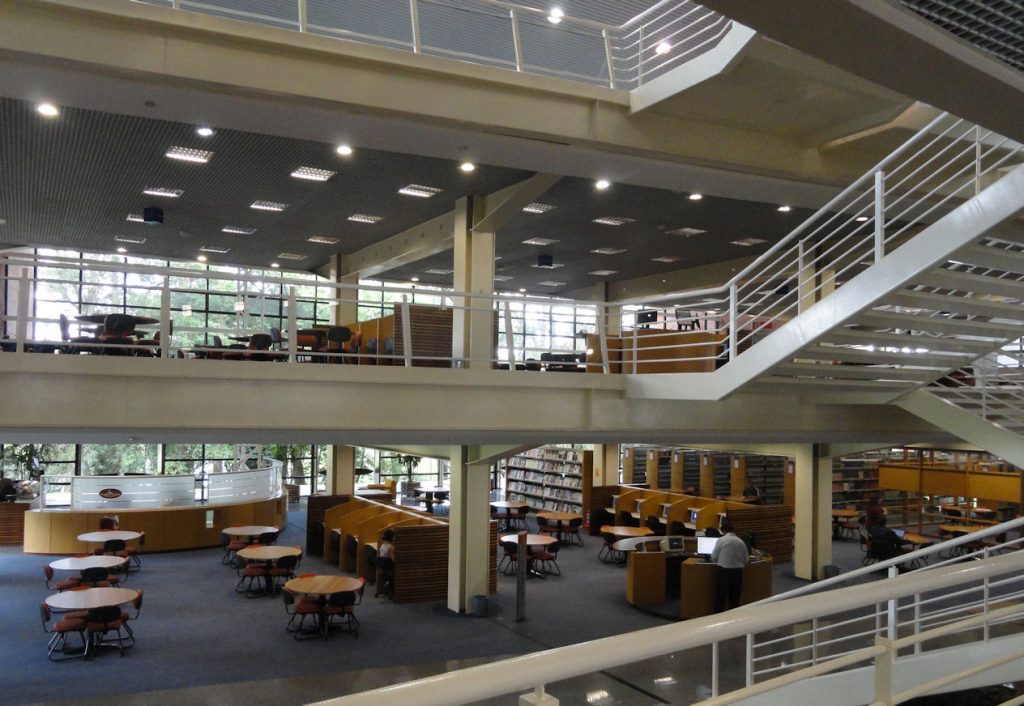
I was impressed first by the attitude of the leadership and then by the beautiful campus, which is only around a dozen years old. What they wanted from us was only recognition and cooperation in programs, i.e. a partnership among equals with similar goals.
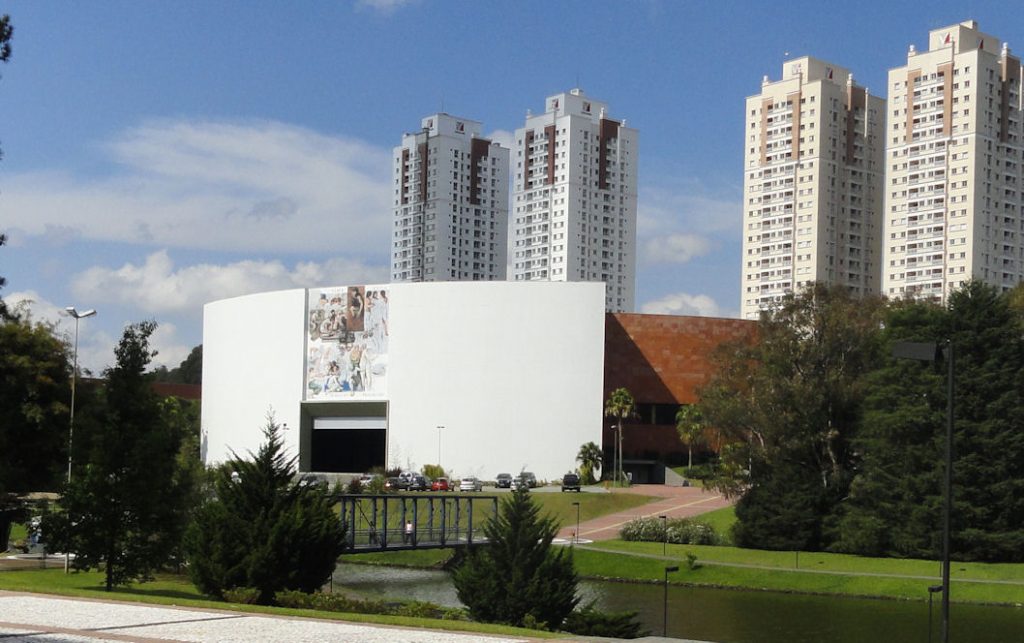
If you can read Portuguese, you can see their mission statement here.
Visiting the university was encouraging. These guys know how to do good and do well at the same time. They are free market proponents and made a point of showing one of their reading rooms honors Roberto Campos, who was present at the creation of the IMF and generally admired the United States of America.
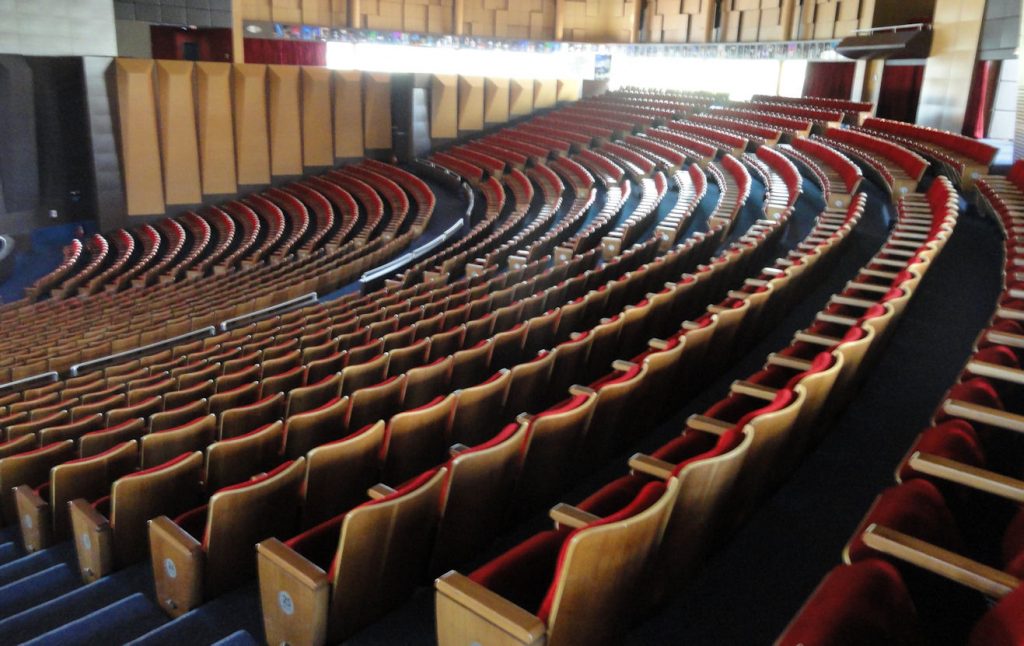
I learned something I didn’t know from the tour. Brazilian private schools, like the Universidade Postitivo, must offer scholarships to 10% of their students, in order to maintain their tax-free status. These students must be from public schools and be from poor families. The university has no control over intake. Everything is based on scores from the Enem, the big that decides placement. All that matters is the scores. The university accepts students in rank order. The only caveat is that they meet the requirements of low family income and be graduate of the public school system.
The guys at Universidade Positivo told me that they were a little afraid that the quality would be low, but they were pleasantly surprised. They are getting a very select group that is doing well in the academic environment.
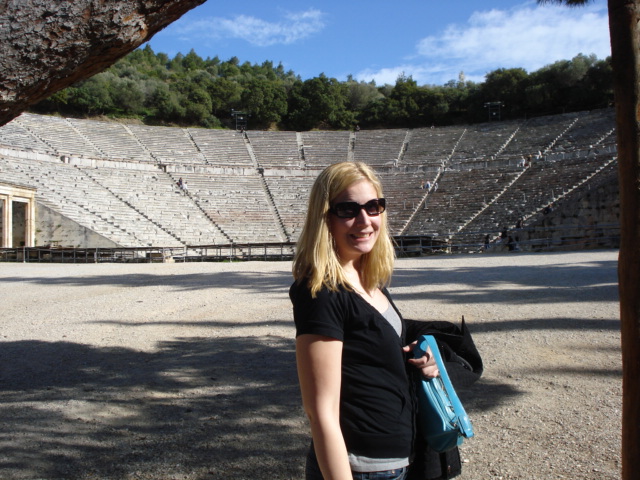
It is also interesting to see the general difference in selection. In the U.S. there are lots of possible criteria. Brazil is not like that. Grades and activities don’t matter. It is sort of like selecting purely on SAT scores. It is probably a fairer system then ours and it is certainly a much simpler selection process. The drawback, IMO, is that it is one dimensional. I just don’t like the idea of having a list where everybody is ranked. I think this is an okay way to select admissions, but it might leak into other aspects of life.
My pictures show the campus and the library. Classes are not in session, so you don’t see students. There are 13.000 students. Below that is the theater, based on the Greek theater at Epidaurus, which has nearly perfect acoustics. We tested it. If someone stands just in front of where Mariza is standing and talks in a normal voice, you can hear clearly all the way to the top. It is the pattern for lots of theaters, but usually uncredited. I visited with Mariza & Espen. Read about it here. The picture is along side. The interesting thing was that there was a diagram and explanation at the university telling about Epidaurus. It is part of the classical education to pay tribute to these achievements of the past. As an admirer of the achievements of the ancient Greeks and Romans, I appreciate that. It is the show and tell, followed by the experience that makes knowledge stick.
